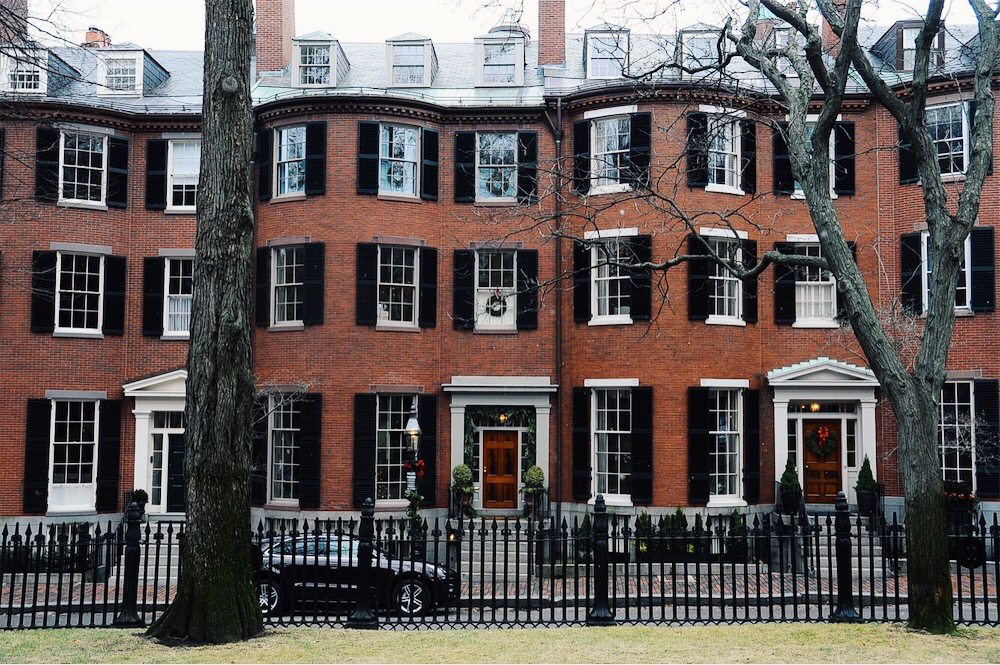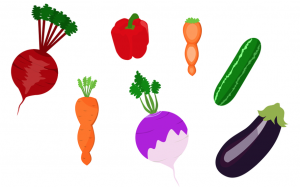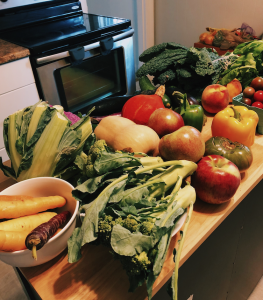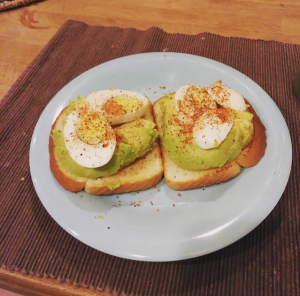
Written by Ruaidhri Crofton, History & Museum Studies M.A. 2020
As a graduate student, being able to save money is important. But at the same time, being able to take some time away from your studies to visit a museum, go to a movie, or grab something to eat is a great way to change up your routine and ensure that you’re not burning yourself out from working nonstop. Finding a balance between saving and going out to do something fun isn’t always easy, but thanks your handy dandy Tufts student ID card you have access to a number of things that will allow you to decompress, explore, and learn something new without spending too much, if anything!
The Museum of Fine Arts, Boston
Perhaps one of the most exciting perks of being a Tufts student is free (yes, that’s right, FREE) admission to Boston’s Museum of Fine Arts (MFA)! Located right next to the Tufts Fenway Campus, the museum is easily accessible both via public transportation and the university shuttle. Though visitors typically pay as much as $25 to enter this renowned cultural institution, you have the opportunity to peruse its seemingly endless galleries and corridors as frequently as you like for no charge. Explore vast collections of art from around the world ranging from Roman pottery and Egyptian mummies to Colonial Era American paintings and modern art from around the globe. Home to nearly 500,000 pieces of art, I have never found myself able to see everything there is to see, even after multiple visits. However, even if you were to manage this impressive feat, the museum’s array of temporary exhibits and public programming will hopefully keep drawing you back over and over again!
The Royall House & Slave Quarters
A mere 10 minutes walking distance from the Tufts Somerville/Medford campus, The Royall House and Slave Quarters preserves the 18th century home of the Royall family, the largest slaveholding family in Massachusetts, along with the only remaining slave quarters in the northern United States. Visitors are welcome to visit the site from mid-March to mid-November where they can take a guided tour of both the mansion and slave quarters to learn more about the property’s role in the history of race, class, and slavery in North America. Though the stories preserved and interpreted by the site can be troubling to hear, a visit to the museum provides an impactful means of learning about this country’s past and its significance today. Admission is typically only $10, but Tufts students are able to visit for free.

Theaters
Taking the time to see a cool new movie on the big screen or even attending a play or concert can make for a fun night out. However, the cost of seeing a film in theaters alone can often cost nearly $20. That being said, several movie theaters in the Boston area offer discounted showings and student rates. Coolidge Corner Theater in Brookline is a popular independent theater known for showing a wide variety of mainstream and independent movies, as well as being affordable for students. Even the AMC chain theaters in Boston and Somerville offer a fairly substantial discount on tickets (though they can vary from location to location). Although I haven’t seen a formal student discount at the Somerville Theater in Davis Square, it’s $11 ticket prices certainly beat out other theaters in the area and it’s only a short walk away from campus!
Groceries, Shops, and Restaurants
As a graduate student, finding time to cook and eat can definitely be challenging. Having the luxury of going out to eat isn’t always possible, especially on a tight budget. However, many restaurants, shops, and even grocery stores in Davis Square and elsewhere near the Tufts Somerville/Medford campus offer discounts to Tufts students to make eating out a bit more affordable. Perhaps the most well well known among Tufts students is Yoshi’s Japanese and Korean Cuisine, which offers a 10% discount to students who show their ID. B-Fresh Market, a grocery store in Davis Square, similarly offers a 5% discount on groceries at checkout to students (just make sure you use a regular checkout and not a self-checkout to get this discount). Multiple other businesses also offer similar discounts so make sure you keep your ID card with you and your eyes out for signs promoting these deals!
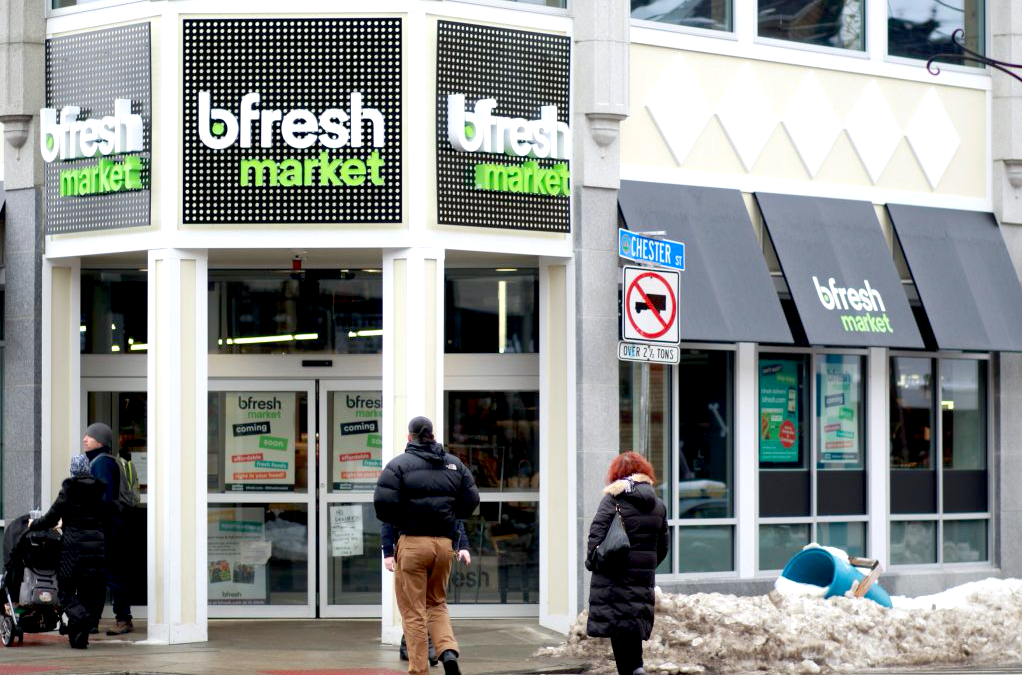
So Much More!
Though these are just a few examples of some of the deals you can get with a Tufts student ID, there are plenty of other museums, restaurants, events, and businesses in the Boston area that offer discounts and promotions for students. Make sure you always keep your ID handy to take advantage of these offers, and make your experience as a graduate student just a bit more affordable and fun!

